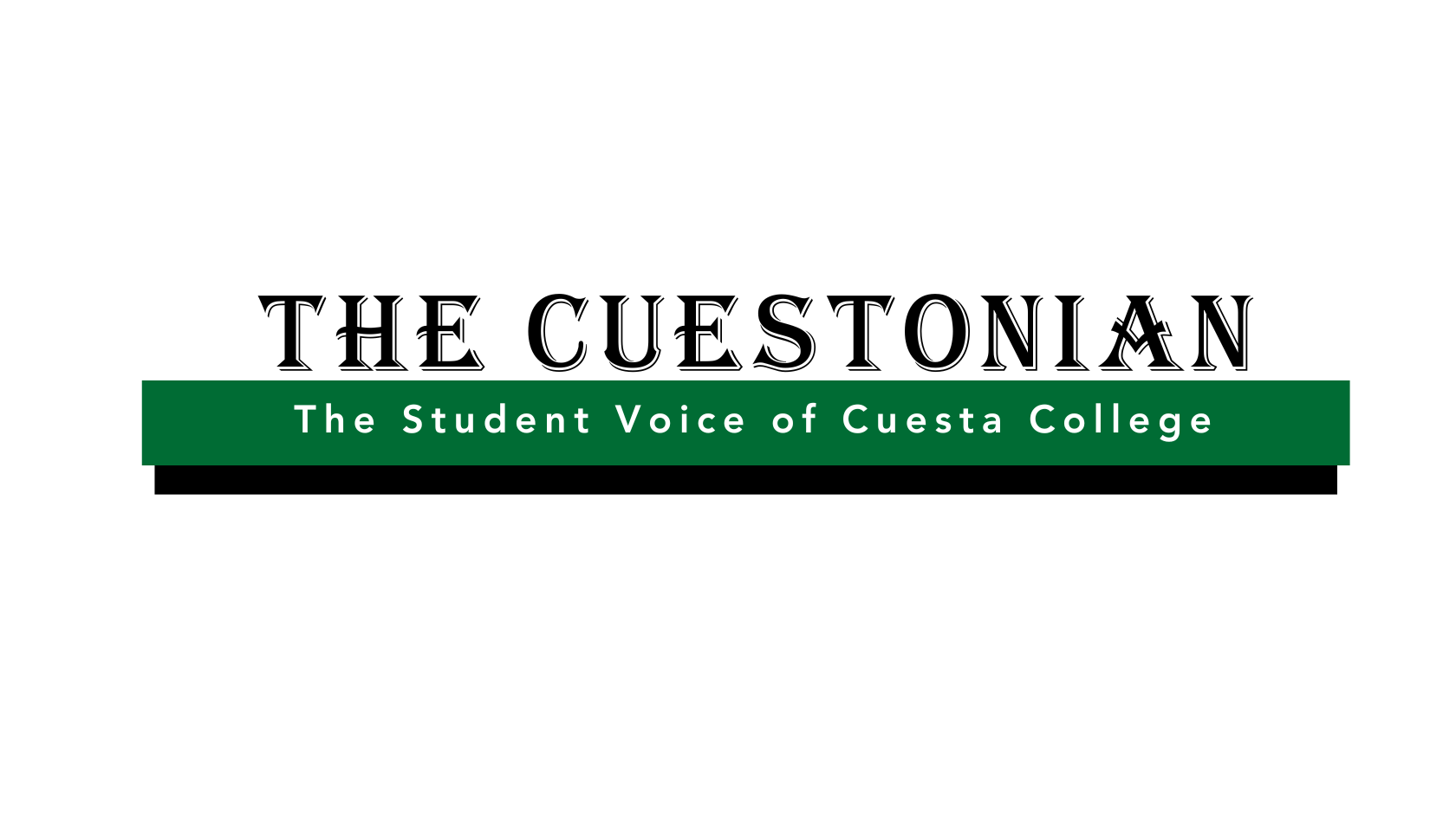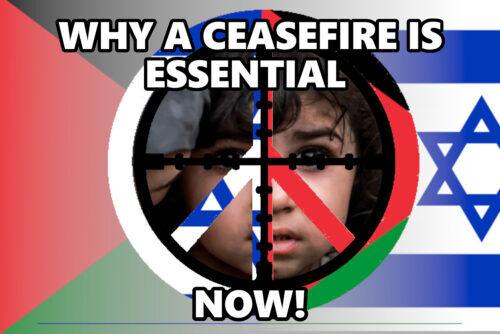There have been many unheard requests to stop the war in Israel-Gaza, including many by college students.
Numerous students have held protests, from activists shutting down the Los Angeles 110 freeway asking for a cease-fire, to Pro-Palestine students getting suspended from the University of Pennsylvania.
View this post on Instagram
A group of Columbia University students recently staged a powerful demonstration by spending the night in tents. Over 100 protestors were arrested as the protest continued.
View this post on Instagram
NYU held a similar protest the day after Columbia University’s, in which 120 protesters were arrested for throwing objects at police during the arrests. NYU and Columbia have both stepped up security.
Harvard Dean Claudine Gay resigned after she was accused of plagiarism. Her resignation letter came after Gay was asked in a congressional hearing whether calls for genocide against Jews in the wake of the Israel-Hamas war in Gaza violated their schools’ codes of conduct.
The conflict between Israel and Gaza has been going on since the 1940s, when Palestine was under British rule. The United Nations gave Israelis fleeing Jewish prosecution 56% of the land. This forced some 700,000 Palestinians to flee to places like Lebanon, Jordan, and Gaza.
In a recent College of the Sequoias event held for the birthday of Cesar Chavez, better known for being an American labor leader and a Civil Rights Activist, many participants waved the United Farm Workers flags and some carried “ceasefire now” signs during the 3.5-mile walk.
Jaki Ramirez, a COS MECHA student majoring in Cultural Studies, spoke out during the event. Ramirez, along with other MECHA students held a protest on campus calling for support in Gaza, Congo, and Sudan.
“What is happening is a genocide of the people and we cannot allow this to happen to our brothers and sisters,” Ramirez said, adding that as a Chicana, she felt an obligation to speak out against the war.
I recently surveyed my classmates using an online application to gauge their level of knowledge about the situation in Gaza. Approximately 67% stated they knew little to nothing about the situation. When asked if they keep up with current world events, only 33% replied yes.
Journey Hulsey, who graduates from COS this semester, stated that she relies on what her local news station reports, and she feels that politics is playing a major role in why there has been no resolution to the war.
“We can spread more awareness and donate money to foundations directly in Gaza,” said Mayra Duran, a student at COS. “I don’t think that U.S. citizens are doing enough to spread awareness. Most people don’t even have a clue about what is going on.”
So why are some Americans so misinformed about what is happening in Gaza? In today’s fast-paced world, we no longer have the time to sit down, drink coffee and read the daily newspaper. We read what is convenient, which happens to be anything online.
What is convenient is not always accurate. You may get a story that is considered to be breaking news. Take into account that although this type of article is pushed out to the readers, many times it is written without all of the facts.
In an article published by The Associated Press, studies show how misinformation gets on social media platforms, and how easy it is to manipulate videos and images. Amy Watson, a reporter for Statista.com, said that just 12 percent of Americans expressed no concerns about the accuracy of the news and information they read on social networks.
So what can we do to find accurate news? We must rely on reputable online news sources, such as The Associated Press, The New York Times, The Washington Post, and The Cuestonian, among others, to stay informed. Additionally, we can verify any information we come across through fact-checking resources like Factcheck.org, a nonpartisan, nonprofit website committed to reducing deception and confusion in the United States.
When in doubt, fact-checking is crucial. A journalist’s responsibility is to provide the audience with the most accurate and up-to-date information possible. As a story develops, so should the article making sure to provide all of the circumstances and facts.
This involves thorough research, data gathering, and fact-checking sources. Our ethical obligation is to report the truth and avoid presenting stories that deliberately push a particular agenda, as it would be a disservice to our audience.
It is undeniable that the ongoing Israel-Palestine conflict is a humanitarian crisis that demands our attention. It’s a sensitive topic, but one that deserves our attentiveness and empathy. We have to understand what the impact of this conflict does on the lives of the people caught in the middle of it.
View this post on Instagram
Here’s a brief timeline of the events in Israel leading up to the ongoing war and current protests:
- On October 7, Hamas launched an attack on Israel. Israel estimates that about 1,200 people were killed
- “On” October 9, Israel calls for a siege on Gaza
- On October 11, Netanyahu arranges an emergency government
- On October 12, Israel warns people to evacuate the northern part of Gaza
- On October 17, Israel launches an attack on al-Ahli Hospital killing over 100 people
- On October 27, Israel launches a massive ground attack
- On November 6, the death toll allegedly reaches over 10,000 people
- On November 15, Israel forces raided yet another hospital, al-Shifa Hospital
- On November 24, the fighting comes to a pause for hostages for prisoners’ deal
- On December 4, Israel pushes into southern Gaza
- On December 15, Israel kills 3 hostages
- On December 22, the death toll allegedly reaches over 20,000
- On January 11, South Africa presents a genocide case against Israel before the U.N. court
- On January 26, the U.N. orders emergency measures
- On February 29, the alleged death toll passes 30,000
- In March, Aid arrives by air and sea from donors.
- On April 1, Israeli strikes kill 7 people
In the last six months, thousands of Palestinians have died in Gaza without any intervention from the U.S. What can we as Americans do to help? The best thing we can do is to stay informed and advocate peace.
“Your future is created by what you do today, not tomorrow,” said businessman and author Robert Kiyosaki, which seems to fit perfectly with the current situation.
One way we can make a positive impact is by raising awareness about the current situation. Promote understanding by using social media platforms, attend events promoting peace in Israel and Gaza, and keep yourself up to date.
If you would like to help all people directly affected by this war, here are a few ways to do so.
Palestine Children’s Relief Fund provides nutritious food and humanitarian aid to Palestinian children.
Alliance for Middle East Peace (ALLMEP) is a coalition of over 160 organizations that help foster peace between Palestinians and Israelis.
American Friends Service Committee (AFSC) is a charity that helps promote the power of nonviolence to overcome racism, violence, and oppression.
IsaraAid is an Israel-based humanitarian aid organization that coordinates housing efforts for those affected by the war.
The International Committee of the Red Cross (ICRC) is an independent and neutral organization helping those affected by the ongoing conflict.
As The Cuestonian’s Opinion Editor this semester, my final thoughts on the ongoing conflict and potential paths to peace lie with us. We must foster empathy for those living in this devastating situation. I live comfortably here in the United States while millions of children are losing their homes, their parents, and their right to live a happy life in the Middle East.
It is my goal to inform as many people as I can to help call for the end of the war in Gaza. Please sign this petition urging our World Leaders to call for a cease-fire.









